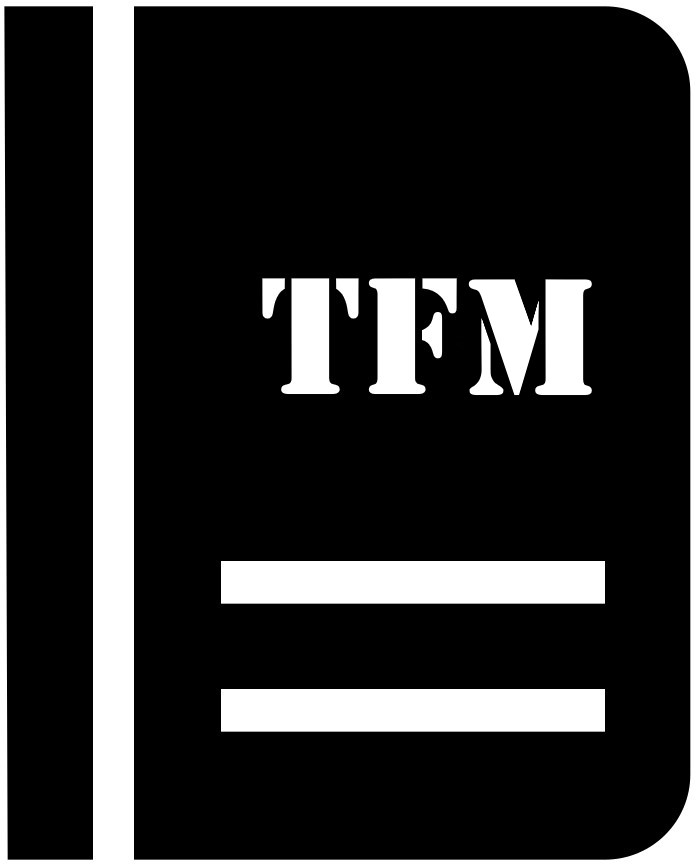|
Author
Botvinik, Kira
Kückels, Tim
|
Abstract
Baddi is a digital companion to support patients on their way to abstinence. The ultimate goal is for those people and their loved ones to live a better and happier life.
In Germany every year more than 360 thousand patients are treated for addiction disorders, incurring costs of over 34 billion €. More than 30% of patients finish treatment unsuccessfully and of those that successfully finish treatment more than a quarter experience relapses. Treatment for addiction disorder needs improvement and the SARS-CoV-2 pandemic has only worsened the situation with a higher prevalence of addiction and less treatment availability.
Baddi is a digital health application to support treatment for any kind of addiction disorder helping to increase therapy success and to reduce relapse rates. The app will use scientifically proven and medical guideline recommended treatments like cognitive behavioural therapy and mindfulness activities, among others, for high efficacy. It can be used in a clinical context as well as at home for aftercare.
Baddi’s business model is based on the digital care act passed in November 2019 in Germany allowing digital health applications to be prescribed by doctors and to be reimbursed by health insurance directly after being authorized. The fastest way ever for any medical treatment to be reimbursed. With this, Germany is one of the first countries where digital treatment prescription is possible. This offers a huge potential especially for digital treatment of addiction disorders which can be highly effective while there is no product on the market yet. PEST and Porter analysis reveal an attractive industry environment. Using a pessimistic approach for price calculations, the potential market size is estimated to be around 109 million € with low market growth of up to 2% in the coming years. Being the first available digital treatment together with continuous improvements will make for a sustainable competitive advantage as protecting of medical treatments via patents is not possible.
Crucial for Baddi’s success are high efficacy, regulatory compliance and commercial excellence. While high efficacy is difficult to quantify since only clinical trials will show final efficacy, several studies have shown positive effects of digital treatment of addiction disorders. Regulatory compliance is achievable with expert advisors, ideally in the form of investors. Finally, commercial excellence is needed since digital health applications are so new and innovative while public and doctor awareness is low. Hence communication and promotion are the most important activities after authorization.
Forecasting Baddi’s financials shows that high upfront investments, especially for clinical trials, of over 4 million € are needed. Authorization is expected in year 3 with the first sales. Using a pessimistic approach with only low diffusion makes for a return on equity of 19% in year 4 and 44% in year 5. Typical of start-ups with high risk and high reward. The break-even point is expected to be reached in year 5 as well. Following the positive free cash-flow makes future investments into expanding the business into other countries and diversifying the portfolio possible which holds many more opportunities.
|

|



